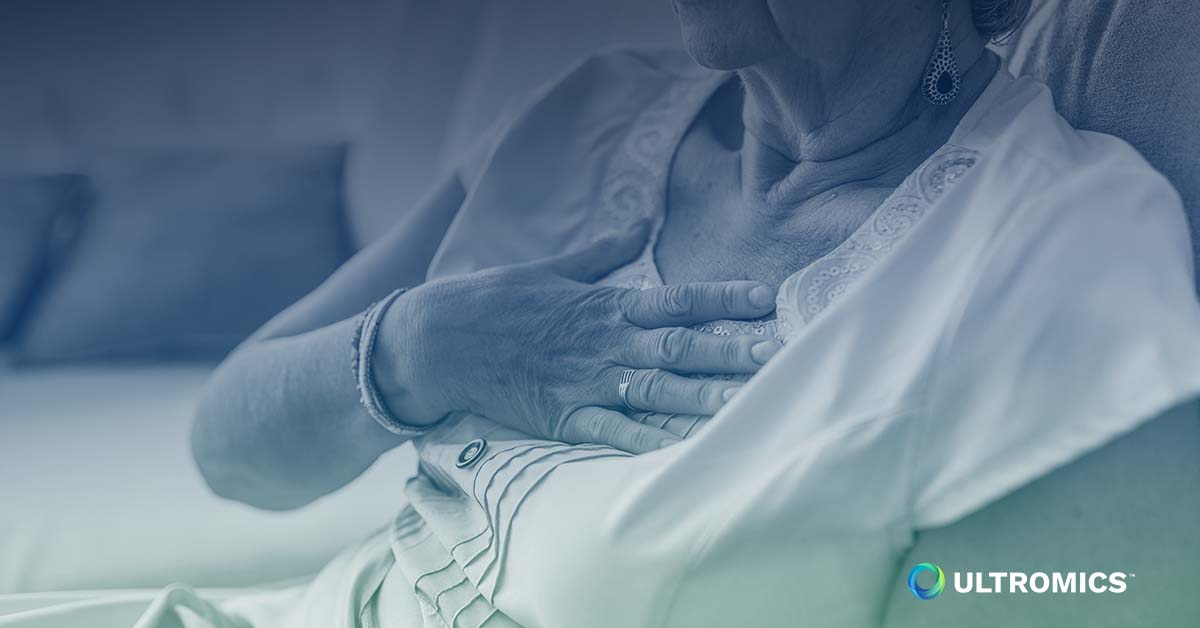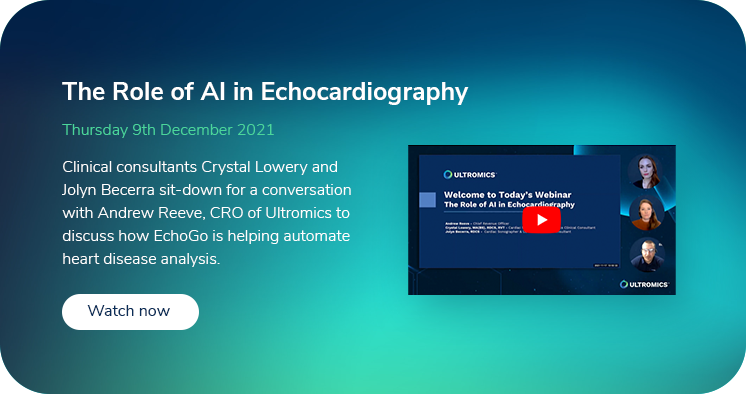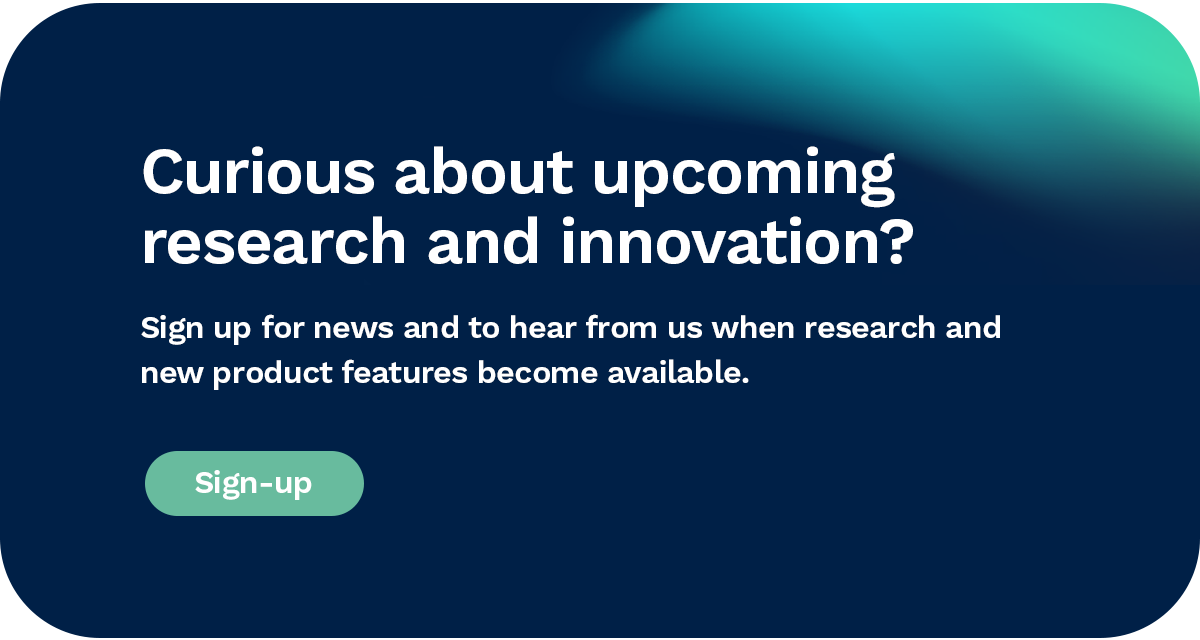
Mayo Clinic to use EchoGo to improve diagnosis of heart failure
- | By Ultromics
- Press Release
- Heart failure is the leading cause of hospitalization for people over the age of 65 – but diagnosis can be challenging and is often delayed through lack of detection.
- Intervening early to improve cardiac patients’ health is critical to tackle this major chronic disease and reduce its increasing burden on health systems.
A research programme to use AI and machine learning to predict and detect heart failure, which can be difficult to diagnose and is often unrecognized, is being launched by a joint UK-US scientific team.
The programme, a collaboration between pioneering UK health-tech company Ultromics and Mayo Clinic in the US, will apply AI to forecasting heart failure.

The team will use AI analysis of ultrasound heart scans to identify the markers of heart failure and develop an image analysis risk prediction model, that can alert doctors to potential heart failure.
The aim is to develop a diagnostic and predictive tool that can rapidly identify heart failure, reduce misdiagnosis, and enable its earlier prevention. By supporting medical professionals, it will free-up their time to provide greater patient care and ease the pressure on care-teams. Ultimately, the ambition is to help save and improve the quality of patient’s lives.
Heart failure is a chronic, progressive condition in which the heart muscle is unable to pump enough blood to meet the body’s needs for blood and oxygen. Globally it affects at least 26 million people and is increasing in prevalence [1]. Worldwide, it is the leading cause of hospitalisation in people over the age of 65. In the US it affects over 6.5 million adults [2], with 550,000 new cases diagnosed each year.
CEO and co-founder of Ultromics, Dr. Ross Upton said, “This project is focused on a critical aspect of cardiac disease as it affects so many people every day. Using our pioneering AI technology stack, our objective is to map and scan databases of ultrasound images and develop detailed models to diagnose and hopefully even predict heart failure. Early intervention can make a huge difference to a patient’s treatment and quality of life – so the sooner we can identify the condition, the better.”
The research team will use the AI engine from Ultromics’ first product EchoGo Core, to analyse 10,000 echocardiograms (echos). It will analyse 2D-echocardiograms, including assessment of systolic and diastolic information throughout the entire cardiac cycle.

Dr. Upton explained: “The study has two key objectives: the first is to identify novel biomarkers that can help identify early signs of heart failure. And the second is to develop a machine learning model using the novel biomarkers to provide an automated risk prediction of heart failure at the point of care.”
This project will be led by Gary Woodward, CTO of Ultromics and Patricia A. Pellikka, M.D., cardiologist, and clinical researcher at Mayo Clinic. It is the third collaboration between Ultromics and Mayo Clinic.

